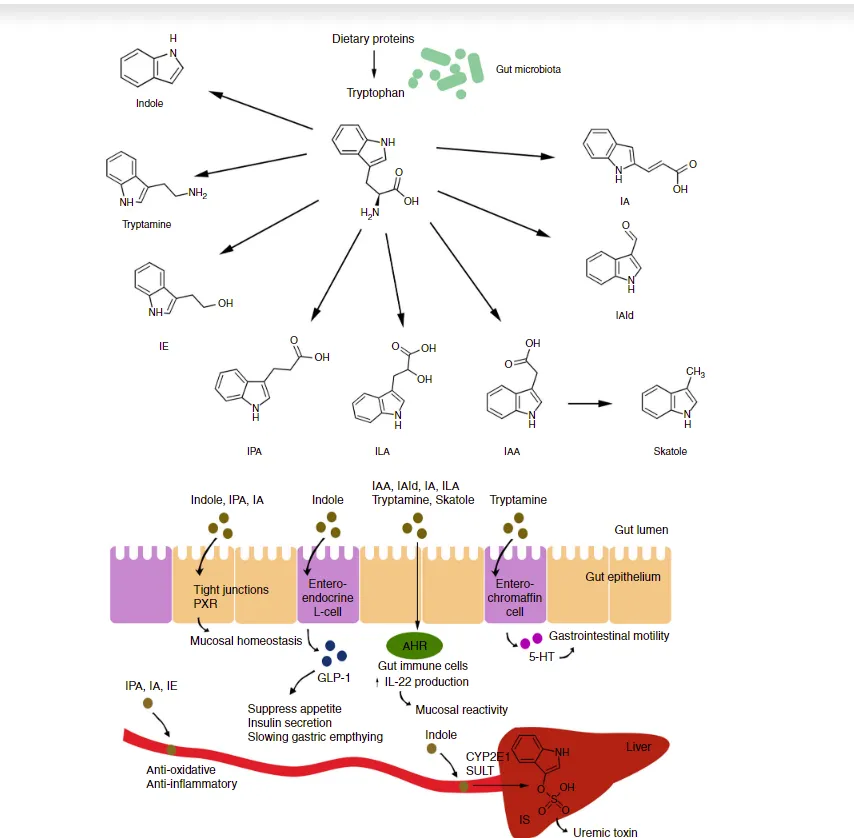Change
- Adam Rinde, ND
- May 25, 2020
- 2 min read
The stages of change model developed by Prochaska & DiClemente in the 1980’s still stands as a helpful guide to understanding where you are in the change process. This model is used for motivational interviewing.

There are 5 stages of change:
Pre-contemplation
Contemplation
Preparation
Action
Maintenance
Those of us in the first stage of change called precontemplation , have no desire or knowledge of any need to change. Our friends and family may know that we need to change in some way, however we are unaware. This when a good friend, coach, or physician comes in handy and helps us see our own stuff.
The second stage called contemplation is the stage of change where we are procrastinating. There is an awareness to change but we are stuck in contemplation.
Next, is the preparation stage when we are developing pros and cons for changing and negotiating a date or time to initiate change. After we have progressed through preparation we move into the action stage. This is when you perform the desired change for 3-6 months and it has become integrated into your lifestyle.
Finally, we enter the stage of maintenance where the change has lasted for 6 months or greater.
Specific activities and behaviors during each stage can help lead to successful change.
For example,during contemplation, a well developed pro’s and con’s list will help you get unstuck. A change usually will not ignite unless you believe the pro’s outweigh the con’s. Keep this list in a safe place because change often comes with slip backs and its good to revisit this list to get refocused.
During the preparation stage a critical step is to set an “intention” and develop a plan as to how the change is going to fit in your life. This is a critical step, because an “intention” without a “plan” usually fizzles. My opinion is that plan will feel exciting, challenging, and exhilarating but it must be realistic.
During maintenance it is helpful to keep refining your change and setting additional goals . Also during this phase I think its helpful to inspire others to make a similar change. Teach or mentor someone along in a similar process.
Relapse or regression is part of any change process. At that point when its happening or a threat to happen you can re-enter the process. For example if you start to relapse during "action"; look at your plan and see if it needs to be revised. Maybe you are scheduling in a way that is not achievable. Perhaps you need more support or different tools.
I think it’s good to practice these methods first with “small changes”. Something like, “everyday when I come home from work, I am going to spend the first 10 minutes connecting with my loved ones”. Then move onto bigger changes like quitting smoking, losing weight, exercising, dietary changes, etc. Small wins can lead to bigger wins.



